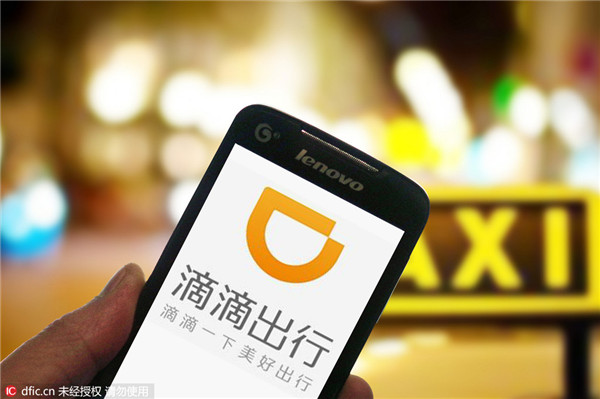Township official breaks rules but wins sympathy
(China Daily) Updated: 2016-06-21 07:47
 |
|
A Chinese mobile phone user uses the taxi-hailing and car-service app Didi Chuxing on his Apple iPhone smartphone in Jinan city, east China's Shandong province, 22 February 2015.[Photo/IC] |
HONG SHENG, deputy chief of a township in Huangshan city, East China's Anhui province, became somewhat of a cyber celebrity after he was seen using a car-hailing app to pick up commuters to work on June 15. After the county discipline department warned him that he would be punished for his action, he promised to give up the "part-time" job. Beijing Youth Daily commented on Monday:
People seem quite supportive of the township leader; instead of criticizing him for his "part-time" job, they have sympathized with him. According to some media reports, the township leader has a big family to support and his annual salary is 36,000 yuan ($5,500). Moreover, he borrowed about 18,000 yuan from friends for the treatment of his gout, and he took up the "part-time" job to return the loan.
Hong's story is different from those of corrupt officials. Instead of exploiting his official position to take bribes, he chose to work diligently as a shared-car driver to make ends meet. Perhaps that is why people like him.
But for civil servants, ferrying commuters to and from work to make money or opening an online shop is a business activity, which they are not allowed to do.
According to the Party discipline regulation implemented on January 1, all civil servants should report to the relative governments when starting a business, which Hong didn't do. Apparently, the township leader has violated the rules.

I’ve lived in China for quite a considerable time including my graduate school years, travelled and worked in a few cities and still choose my destination taking into consideration the density of smog or PM2.5 particulate matter in the region.











